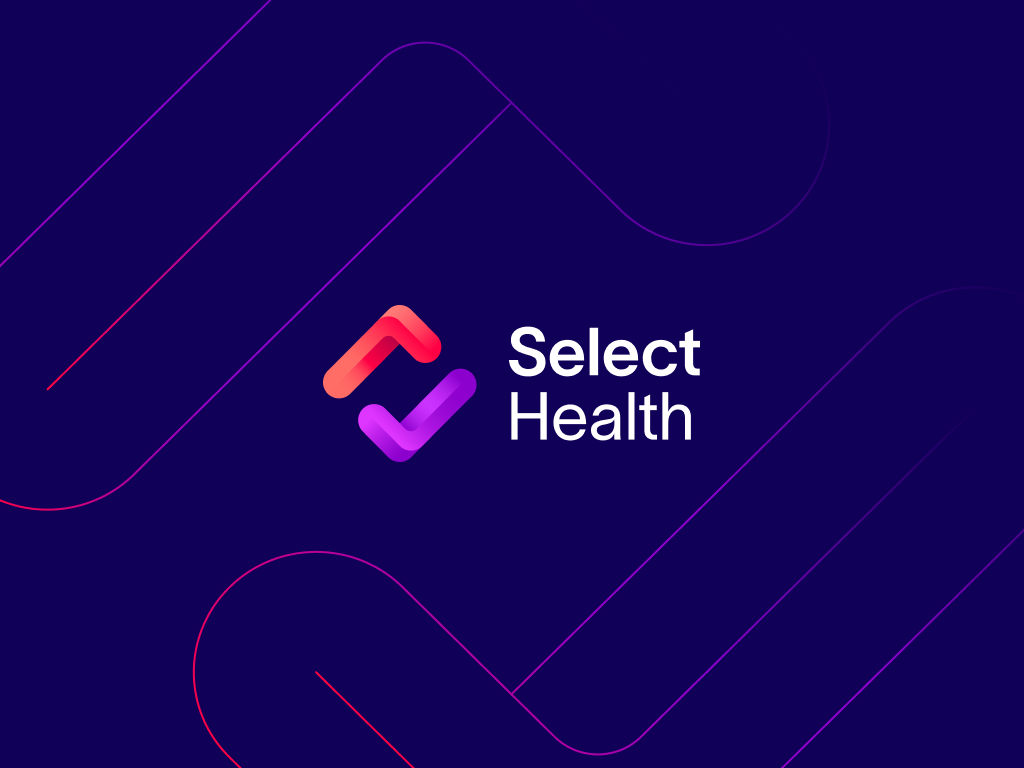Once Open Enrollment is over, you’re locked into your health insurance choices for a whole year.
Or are you?
In most cases, yes.
However, there are “qualifying events” that provide some flexibility. Special enrollment periods are available for qualified people from the Federal Health Insurance Marketplace, State-Based Marketplaces and some private insurers.
WHAT IS OPEN ENROLLMENT VS. THE SPECIAL ENROLLMENT PERIOD?
Open enrollment for the Federal Marketplace has typically run from Nov. 1 to Jan. 15 every year, but may be subject to change. Private insurers have an annual open enrollment period that depends on the state you live in.
These time periods are typically the only time you can purchase a health insurance policy.
However, several life events can open up an additional special enrollment period for you. During this period, you can enroll in or switch to a different Marketplace plan or add people to your plan. This period typically encompasses the 60 days after the life event. You may qualify for an additional 60-day window before the event.
Here’s a list of the most common qualifying events and what they mean for your health insurance.
GETTING MARRIED IS A QUALIFYING LIFE EVENT
If you’re planning to tie the knot, be sure to add “consider health insurance options” to your to-do list. Do you want to be on your spouse’s plan? No problem. Want to keep your health insurance plan? OK! Need to switch kids from your insurance to your spouse’s? You can do that, too.
Getting married is also a good time to rethink your Health Savings Account (HAS) and Flexible Savings Account (FSA) contributions, especially if you have children or stepchildren who will be affected by the marriage.
GETTING DIVORCED AND LOSING YOUR INSURANCE CAN BE A QUALIFYING EVENT FOR HEALTH INSURANCE
Divorce itself won’t open up a special enrollment period for you, but if you lose health insurance coverage because you become divorced, you may qualify for a special enrollment period.
Keep in mind that the parent who claims the children as dependents on their tax returns may be eligible for health insurance premium tax credits and other savings. These benefits are based on household size and income.
HAVING A CHILD IS A HEALTH INSURANCE QUALIFYING EVENT
Welcoming a child to your family can dramatically change your life, finances, and health insurance options. If you had a baby, adopted a child or took in a foster child, their coverage can start the day of the event. This is true even if you enroll in the plan up to 60 days afterward.
JOB LOSS CAN OPEN UP A SPECIAL ENROLLMENT PERIOD
If you or your spouse lose your job, and as a result lose health insurance, you may qualify for a special enrollment period.
IMMIGRANTS MAY QUALIFY FOR A SPECIAL ENROLLMENT PERIOD
When you become a U.S. citizen, you can participate in dozens of new-to-you activities, such as voting, getting a passport, and, yes, getting health insurance.
Lawfully present immigrants may be eligible for a special enrollment period if:
- Their annual income is at or below 150% of the federal poverty level
- They don’t qualify for Medicaid or the Children’s Health Insurance Program (CHIP)
Guidelines for legally present immigrants are complex. Learn more at the healthcare.gov site.
UNAFFORDABLE EMPLOYER-SPONSORED HEALTH INSURANCE? THAT’S A QUALIFYING EVENT
Even with insurance, healthcare costs can be extremely high. Under the Affordable Care Act, large employers (50 or more full-time employees) must offer affordable insurance or pay a penalty. Insurance is considered affordable if your monthly premium is no more than a designated percentage of your monthly household income (the number is adjusted annually for inflation).
Employer-sponsored plans also must offer a 60% minimum value. In other words, the plan must pay at least 60% of covered health expenses. Your portion should be no more than 40% through deductibles, copays, and coinsurance.
If your employer-sponsored plan doesn’t meet these standards, you may be eligible for a special enrollment period for a Marketplace plan.
IF YOU’VE HAD A QUALIFYING LIFE EVENT, WE CAN HELP
Select Health offers many plans for every stage of life — even the unexpected. To find a plan that works best for you, visit our plans page or call 800-538-5038 to speak with an agent.
Related Articles

